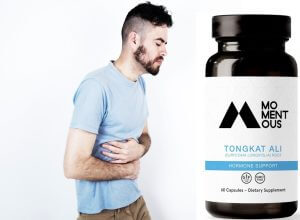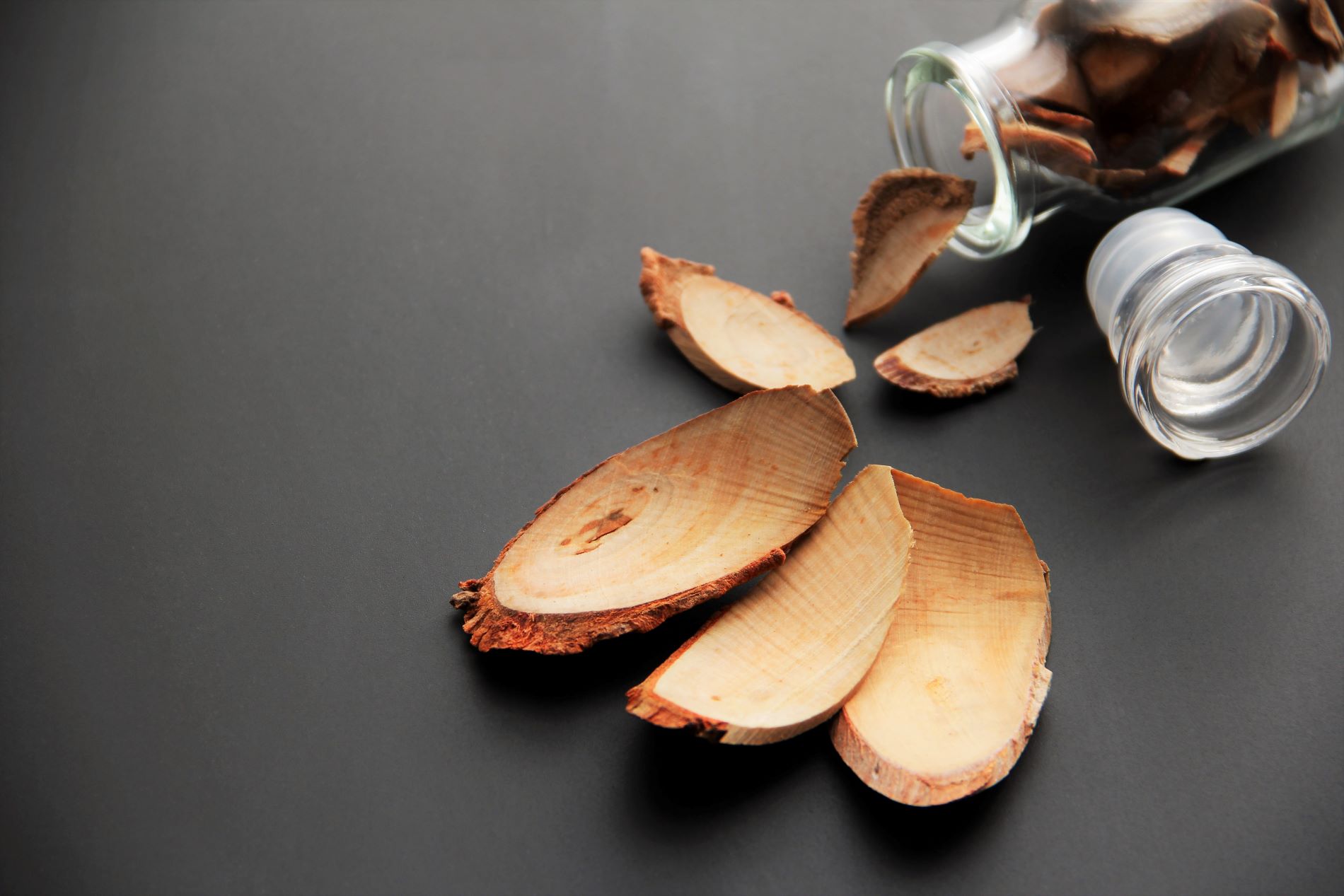

This article explains which is the best form of Tongkat Ali to take so that you gain the most benefits.
The best form of Tongkat Ali starts with sourcing the best Tongkat Ali ingredients and a formulation that is clinically tested by scientists.
You can take Tongkat Ali in capsule form, loose powder, effervescent, tablets and in coffee or tea. And each form offers several advantages and disadvantages depending on your health and lifestyle requirements.
Let’s deep-dive into the various form of Tongkat Ali and which option benefits you the most. This will help you answer the most effective way to consume Tongkat Ali.
There are six ways to take Tongkat Ali. You may consume Tongkat Ali in the following forms:
Tongkat Ali capsule form is the most effective, easy-to-produce and popular in the world. It has a perfect balance between dosage-optimized solution, convenience, and shelf-life vs. efficacy (health benefits).
According to American neurosurgeon, Dr. Sanjay Gupta, capsule helps protect the medication from degradation, ensuring its effectiveness. Overall, capsules offer a reliable and efficient method for medication administration.
Here are the advantages and disadvantages of taking Tongkat Ali in capsule form.
Tongkat Ali loose powder fits into the perfect lifestyle of a fitness enthusiast and sports amateurs. Tongkat Ali powder extracts is typically sold in a bag of 70g to 150g and often mixed with fillers to increase the volume or weight.
Loose powder may be popular but often has its own set of downsides.
According to medicine expert Dr. Tieraona Low Dog, she said that “Unlike encapsulated supplements, loose powders are susceptible to oxidation, moisture, and contamination, which can affect their potency and safety.”
She also warned buying supplements from China or India.
Taking Tongkat Ali supplements in a tablet form are not preferred by most consumers as it takes a longer time to dissolve and absorb in the body. Besides, it is harder to swallow for some. This makes Tongkat Ali supplements in tablet form less popular than Tongkat Ali capsules.
Effervescent is the latest form of Tongkat Ali that offers superior advantage due to rapid absorption, leading to faster reaction time. Overall, Tongkat Ali in effervescent form (i.e tablet or powder) combines convenience, effectiveness, and palatability, making them a preferred form of supplementation for many people.
Tongkat Ali is often sold and consumed in coffee. Tongkat Ali coffee offers a multitude of health benefits from two well-studied ingredients (i.e caffeine and Tongkat Ali). Tongkat Ali coffee is traditionally consumed in Asia, deeply-rooted in Malaysian’s daily lives.
Tongkat Ali coffee is one of the best forms of Tongkat Ali that you can take if you don’t mind the bitter coffee taste.
Here are some pros and cons.
Tongkat Ali gummies is the latest trend, but it provides little health benefits due to artificial sweeteners and other preservatives involved in the production. This may reduce the potency and efficacy of Tongkat Ali. However, there are still some advantages of Tongkat Ali gummies that will suit your needs.
Pros:
Cons:
Effervescent is the best form of Tongkat Ali. It offers rapid absorption, enhanced bioavailability, and convenient consumption.
While Tongkat Ali capsules and tablets provide convenience and better shelf life, gummies offer palatability, and loose powder allows for dosage flexibility, effervescent supplements combine the best of these qualities.
Their quick absorption and higher bioavailability make them more effective, ensuring optimal utilization of Tongkat Ali’s benefits.
Check out a good example of effervescent Tongkat Ali that is formulated using clinically tested Tongkat Ali extract.
Users should be aware that not all Tongkat Ali supplements are created equal, and the quality and purity may vary significantly. You may get side effects from consuming Tongkat Ali .
Our recommendation is to consume quality Tongkat Ali product that has been extensively clinically tested on humans (both men and women) and lab-tested for toxicity.
Please consult your physician or healthcare professionals if you are using other medications for further advice before consuming Tongkat Ali.
Ask our experts on Tongkat Ali studies, clinical trials and research studies. Expand your knowledge on Tongkat Ali.

Naressa Khan contributes regularly on AKARALI and is part of the global Tongkat Ali research team. As a writer and journalist, Naressa specializes in nutrition, health supplements, and natural wellness. With this approach always in mind, she explores fact-based and scientific evidence of topics related to health, herbs and natural wellness.
Our articles are third party reviewed by our panel of experts and medical advisors to ensure the facts are accurate and credible. These are validated against multiple source references which include but not limited to research studies, peer-reviewed journals, pre-clinical studies, clinical tests and other credible publications.
Our panel of medical advisors and experts are highly experienced in their individual fields. However, they do not provide any medical advice or recommendations arising from content published in this article.
Disclaimer: The content published in this article is for educational purposes and not intended to provide any form of recommendations, directly or indirectly to purchase or consume herbal supplements, drugs, medications, alternative remedies and practices or any brands mentioned in this article. By reading this, the sole responsibility and decision lies on the reader to make an informed decision based on publicly available information published on the internet. Any herbal supplements can be used as a health supplement, dietary plan or to treat illnesses. However, we encourage you to consult your nearest doctor before making any purchase from this website or any other websites or social platforms after reading this article. We do not hold any responsibility or accountability for any products purchased from this website or any third-party websites that are linked to this articles, sales channels or social platforms.